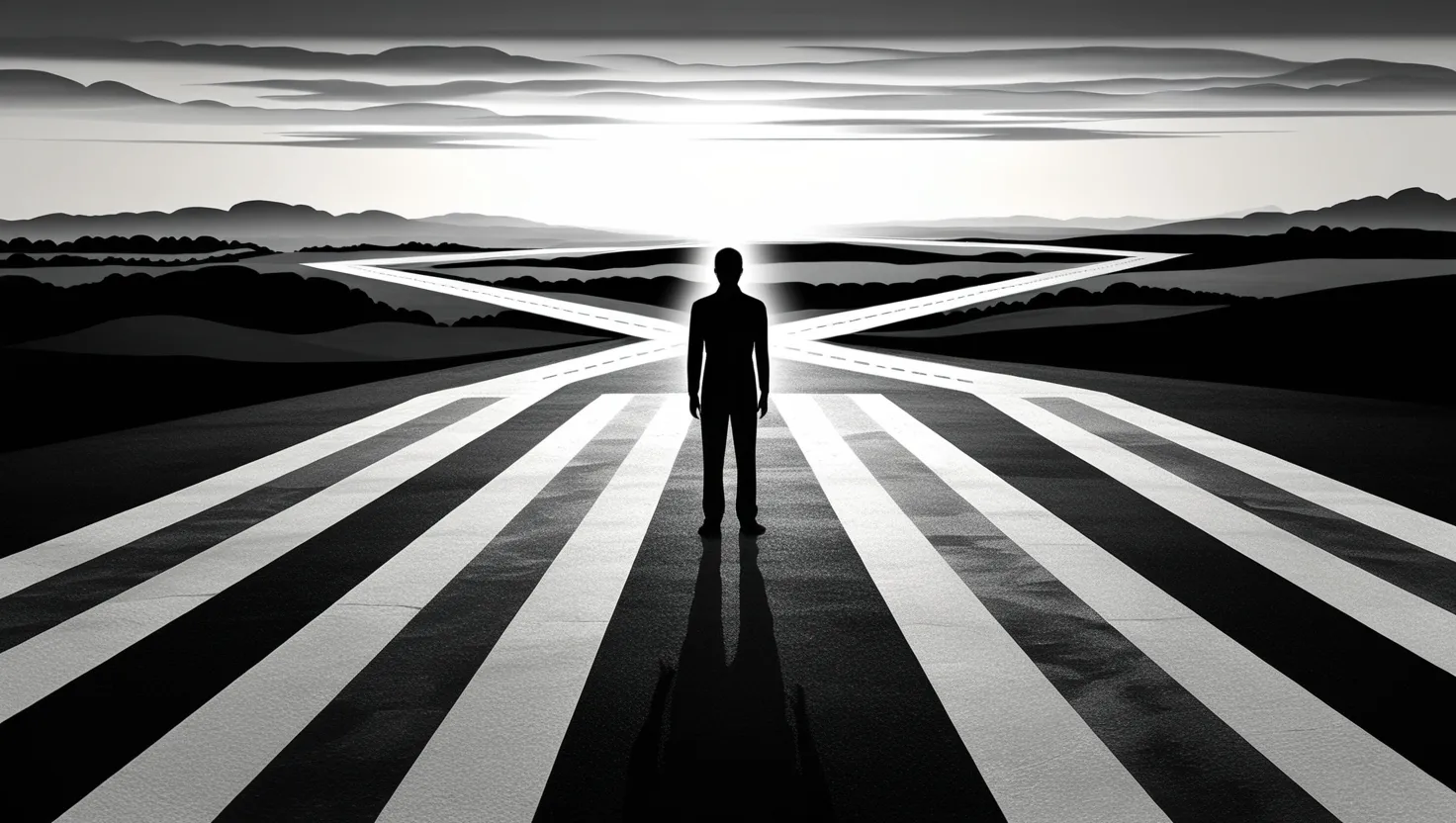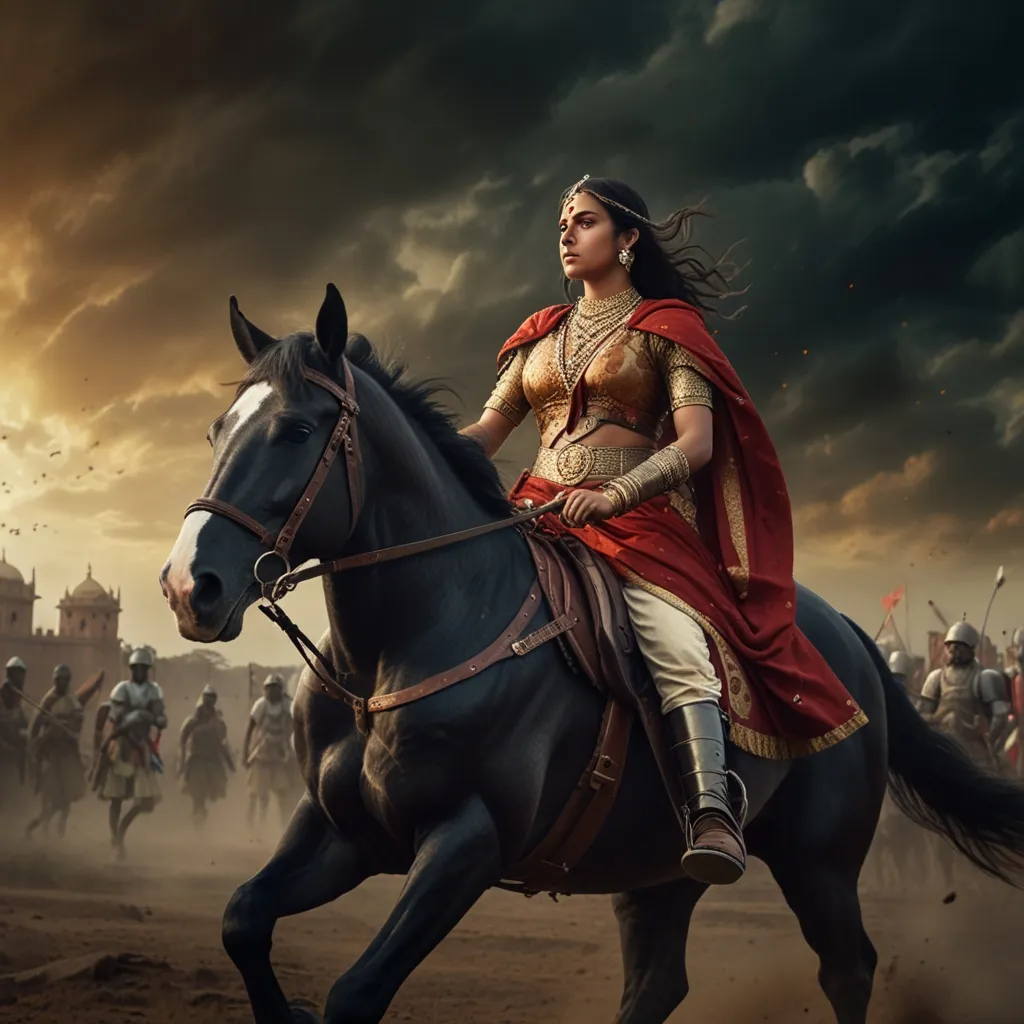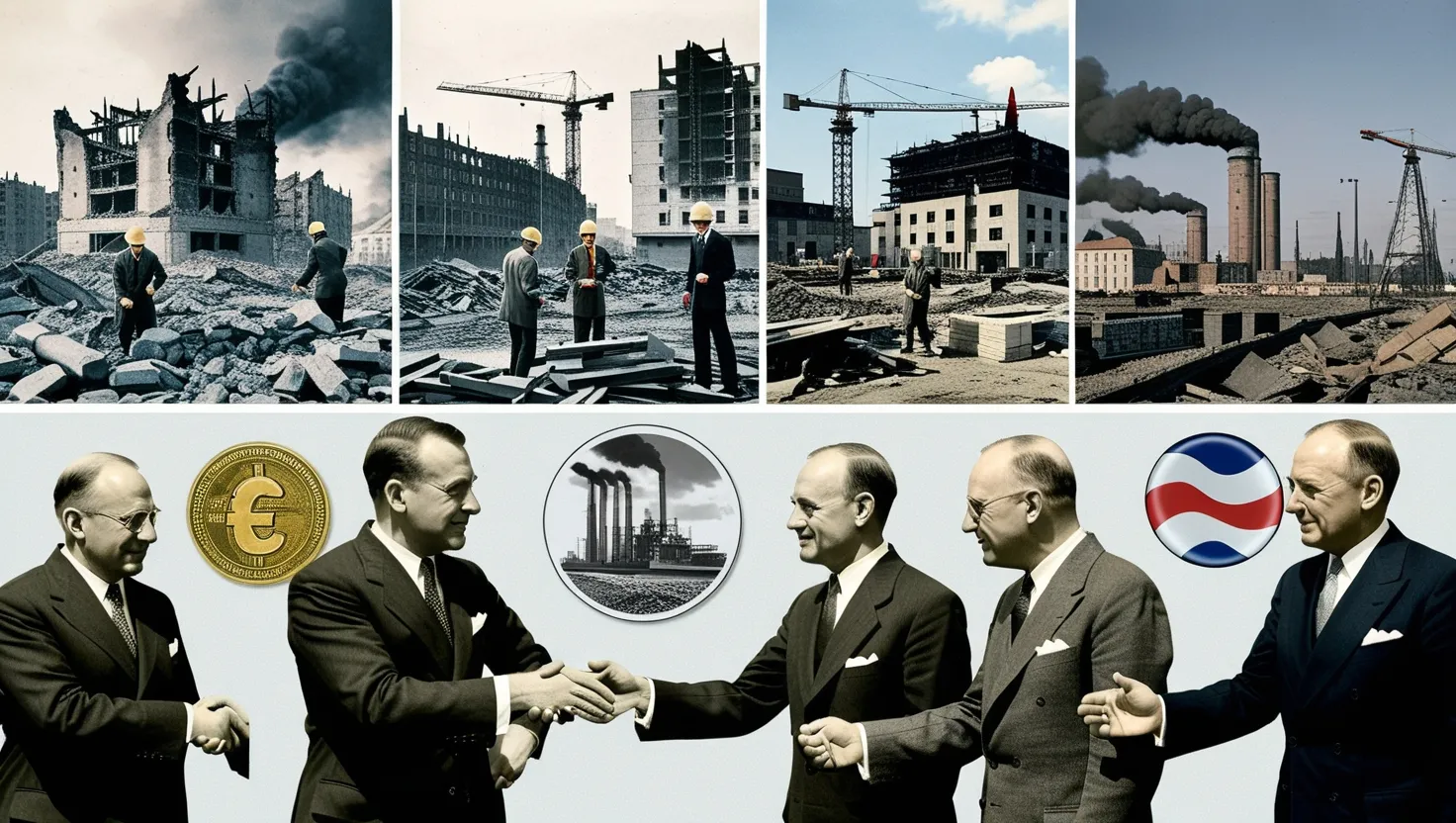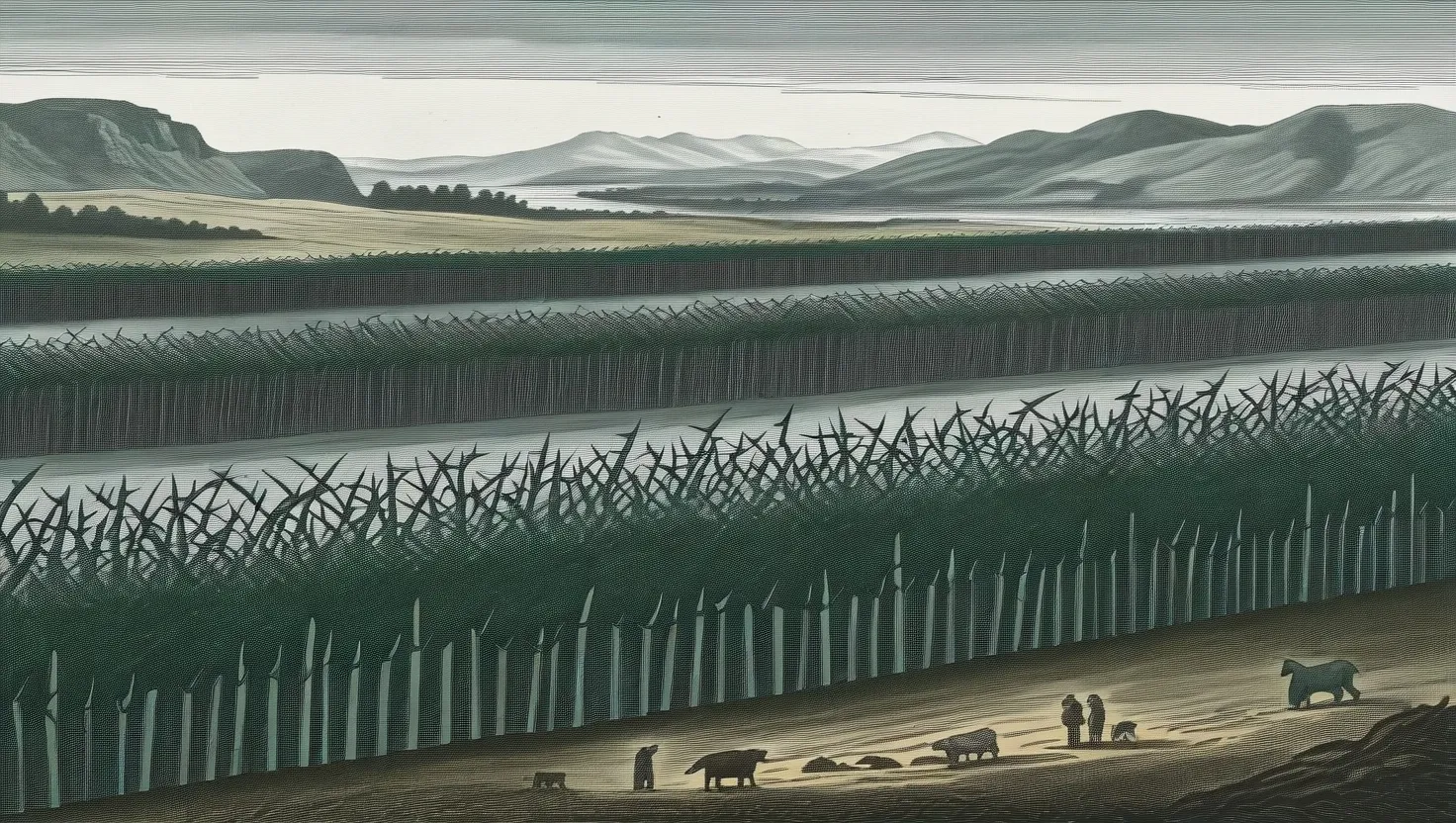What if one person’s courage had stopped a nuclear war? Or if a single ancient library’s survival had vaulted civilization centuries ahead? Let’s travel through five turning points in history that teetered on the edge of a different reality. I find these “what ifs” magnetic not just because they ask us to imagine—but because, by looking closer, we realize just how fragile our present truly is. What might we notice when we stop seeing the past as inevitable and start recognizing the moments when everything could have shifted?
Consider the fall day in 1962 when the world hovered at the brink of nuclear war. The Cuban Missile Crisis, so often summed up in textbooks as a tense standoff, could easily have ended with mushroom clouds. Most people don’t know about Vasily Arkhipov—the submarine officer whose refusal to approve a nuclear launch might have saved millions of lives. What drove Arkhipov in those few seconds? Was it training, temperament, luck? His action gives us a powerful reminder: sometimes, fate pivots not on grand powers or vast movements, but on the moral choices made in cramped, sweaty, high-pressure rooms. Are we willing to admit how much depends on such moments?
“The past is never dead. It’s not even past.” — William Faulkner
Now imagine Alexander the Great living well into his fifties, ruling the world he conquered. Alexander’s death at thirty-two sparked infighting and collapse, opening the door for Rome and a Mediterranean-focused world. Add two decades, and what do you get? The possibility of an enduring Greco-Persian empire, a fusion of East and West, with different borders, rulers, religions, and perhaps entirely unrecognizable cultures flowering from that rootstock. I wonder what Europe might look like if Greek and Persian governance had blended and stabilized. Would Christianity have become dominant? Would the Roman Republic have fizzled, or even arisen? The story of one young king’s fever tempts me to picture maps, philosophies, and trade routes written with new colors.
“If you want to understand today, you have to search yesterday.” — Pearl S. Buck
Let’s walk through the ruins of the Library of Alexandria and ask: What if its shelves had survived the fires and invasions? We often hear wistful accounts of its lost scrolls, but rarely do we grapple with what that knowledge could have meant. The library wasn’t only a collection of books; it was a living brain-trust where scientific, mathematical, and philosophical advances brewed. The works of Aristarchus, Euclid, and Hypatia existed there in volumes lost elsewhere—what if their discoveries had reached Renaissance Europe not as rediscovered fragments, but as unbroken traditions? Perhaps we would have charted the solar system or mastered advanced medicine centuries earlier. Could the technological leap have compressed a millennium into a century?
“Libraries store the energy that fuels the imagination.” — Sidney Sheldon
It’s not just ancient history that swerves on a hairpin turn. The prelude to World War II illustrates this vividly. In 1938, after Chamberlain returned from Munich with promises of “peace for our time,” he almost resigned. What if he had? Churchill, known for his hawkish warnings, would likely have assumed office. That small shift could have rewritten the script: an earlier and more vigorous British opposition to Nazi Germany, possibly changing not only military strategies but the fate of France, Poland, and much of the world. Might earlier rearmament have stopped Hitler? Would the Holocaust have been prevented—or merely taken a different shape? I ponder whether this scenario would have shortened the war, or led to darker roads before eventual victory.
“History is a set of lies agreed upon.” — Napoleon Bonaparte
Let’s leap to the twenty-first century and remember how the world’s direction turned on just a handful of ballots. In 2000, the U.S. presidential election boiled down to a few hundred contested votes in Florida. The Supreme Court’s intervention stopped the recount, handing the presidency to George W. Bush. Imagine a timeline where Al Gore, not Bush, responds to 9/11. Would the Iraq war have happened? Would the focus have shifted to diplomatic or multilateral actions instead of invasion? How many lives might have been spared, and how differently might America and the Middle East look today? This scenario is a sharp example of how much rides not on great tides of history, but on the thinnest of margins—sometimes a legal technicality, other times just imperfect ballots.
Do you ever consider how many “close calls” pepper our timeline? The more I research, the more amazed I am at how tiny events—and the choices behind them—change everything. Sometimes we treat history as a string of inevitabilities, but the truth is far messier. The Mongol withdrawal from Europe, the Assyrian army halted by plague, the American railroads, the lost General Order at Antietam—all these moments whisper: “It could have gone otherwise.” And what about the events that never reached a tipping point? How different might your life be if a single ancestor in a single city had turned left instead of right?
“How far that little candle throws his beams! So shines a good deed in a naughty world.” — William Shakespeare
One of the most fascinating aspects of counterfactual history is its power to force humility. When we see how much depended on chance—on the weather, or health, or one person’s convictions—we can’t claim that grand theories or sweeping ideologies alone make the world turn. This perspective goes against the grain of some historians and philosophers who insist that economies, movements, and inevitabilities carve the main arteries of time. But isn’t it just as possible that tiny capillaries carry the lifeblood of change? Am I overestimating the butterfly effects, or is it true that history swings on forgotten hinges?
What is the value, then, of playing out these “what if” scenarios? I find it is less about creating alternate timelines than about stripping off the pretense of certainty. Each counterfactual reminds us to question, to notice, to trace consequences. It’s an antidote to intellectual laziness. It can also be a source of regret or curiosity—would things have been better if the Library of Alexandria survived, or Alexander lived, or Vasily Arkhipov wasn’t there at that critical moment? Yet, it also injects realism; no system is foolproof, and sometimes our world depends upon the fallible choices of very ordinary people.
Could counterfactual thinking be seen as mere escapism, as some critics say? Or is it a method to illuminate what truly shapes society—what matters, what doesn’t, and what we can learn when we acknowledge contingency? I suggest that examining close calls and alternative possibilities sharpens responsibility. It makes every action seem weightier. It lets us appreciate not only our triumphs but our narrow escapes—the bombs not launched, the wars not fought, the knowledge not lost. History is not just about what happened, but what didn’t, and what almost did.
So, next time you read about Alexander’s fever, a lost ballot box, a prime minister’s hesitation, or a submarine commander’s steady hand, pause. Consider how different—how fundamentally, fantastically different—our today might be. Then ask yourself: Which decisions in your own life are the ones upon which your future will hinge? History’s lessons, after all, are just as much for our choices as for our curiosity.
“History does not repeat itself, but it does rhyme.” — Mark Twain






